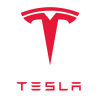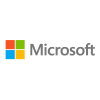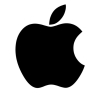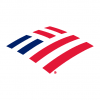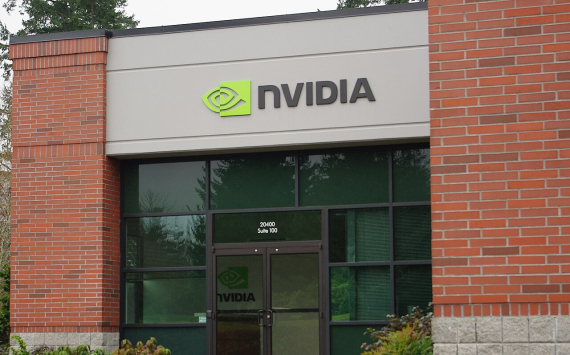
Nvidia and the Magnificent 7
Nvidia's exceptional earnings marked the conclusion of another notable reporting season for the "Magnificent 7" tech stocks, highlighting their significant influence over this year's remarkable market rally.
In the first quarter, Nvidia (NVDA) reported a fivefold increase in revenue, reaching over $26 billion, and a substantial surge in net income, which totaled $15.24 billion.
This final report brought the collective net income of the Magnificent 7 — Microsoft (MSFT), Apple (AAPL), Alphabet (GOOG), Amazon (AMZN), Meta Platforms (META), and Tesla (TSLA) — to $108.9 billion for the first quarter.
This figure represents a more than 50% increase from the same period last year and far exceeds the 5.5% earnings growth for the entire S&P 500, according to FactSet data.
The Magnificent 7 have driven over half of the S&P 500's year-to-date returns, based on data from Bank of America's weekly 'Flow Show' report, despite accounting for only about 31% of the index's total weight.
The bank described these gains as "monopolistic megatech monopolizing performance."
Tech’s Strengthening Grip on the S&P 500
Nvidia alone has contributed nearly a quarter of the S&P 500's return with its impressive year-to-date gain of around 115%, boosting its market value to approximately $2.55 trillion.
The outstanding performance of the Magnificent 7, collectively up 24% this year, is also increasing the disparity between the S&P 500 and its equal-weighted counterpart.
The major U.S. blue-chip index, which has achieved 24 record highs this year, has risen 15.56% over the past six months, compared to a 12.1% increase for the S&P 500 Equal Weight Index.
This gap has been expanding since the market rally began in early May, indicating that the strength of Big Tech, rather than broad earnings quality, is driving the majority of gains.
According to a separate Bank of America report, more than half of the respondents in the closely-watched monthly global fund manager survey identified "long Magnificent 7" stocks as the market's most crowded trade.
This significantly surpasses the 12% concerned about "long US dollar" and the 10% worried about "short China equities."




